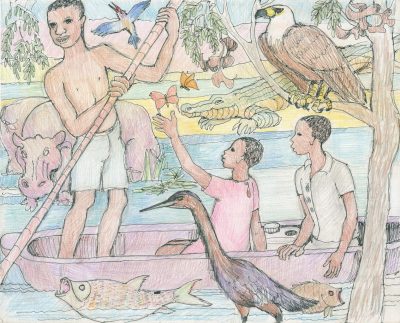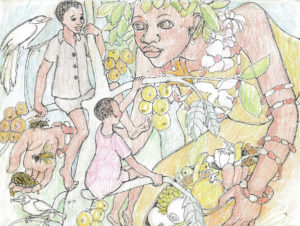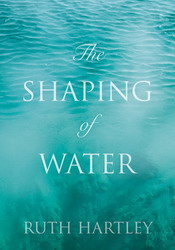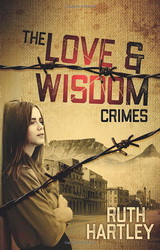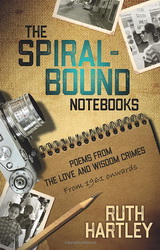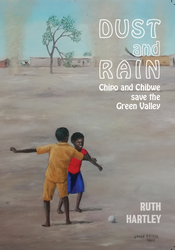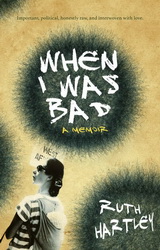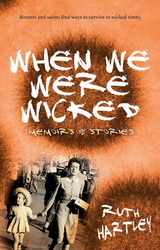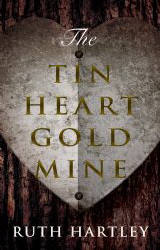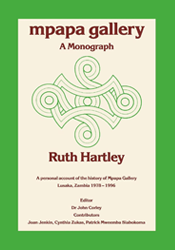Dust and Rain
Chipo and Chibwe save the Green Valley
By Ruth Hartley
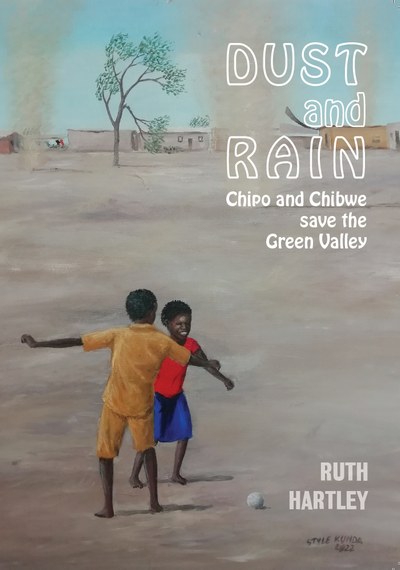
Two children make a perilous journey through the heart of modern and magical Africa to save their parents’ farm in the Green Valley from drought and climate change.
Kambili and the drought arrive in a whirlwind of dust into the lives of CHIPO, an eleven-year-old girl with a special gift, and her brother, CHIBWE.
Without rain, the family can’t grow food. so the children run away to find Makemba, the Wise Woman in the Evergreen Forest who can teach them how to keep their valley green.
They are kidnapped by criminals but escape and have extraordinary adventures as they journey to find Makemba and then take her magical river water to save the Valley and end the drought.
Hello Children!
I wrote my new book Dust and Rain especially for you. Tell me what you think and I promise to reply.
DUST
and
RAIN Chipo and Chibwe Save the Green Valley "Absolutely brilliant"
This story is inspired by young people telling the world to act now to heal climate change. Chipo and Chibwe fear the drought on their parents' farm. To find a solution, they journey bravely across Zambia and down the Zambezi River. They face terrible dangers, but wonderful people and animals help them, and they return wiser and stronger to save the Green Valley.
I will do my best to answer your questions and I want to read your own stories about climate change. I may even publish some here!*
Yours for our Earth,
Ruth
* I will only publish your contributions with your and your guardian's consent.
"The book is very vivid and the characters are great and very well described. I liked it so much that I think everyone should read it."
Mpapa Monograph
A personal account of the history of Mpapa Gallery, Lusaka, Zambia from 1978 to 1996
By Ruth Hartley
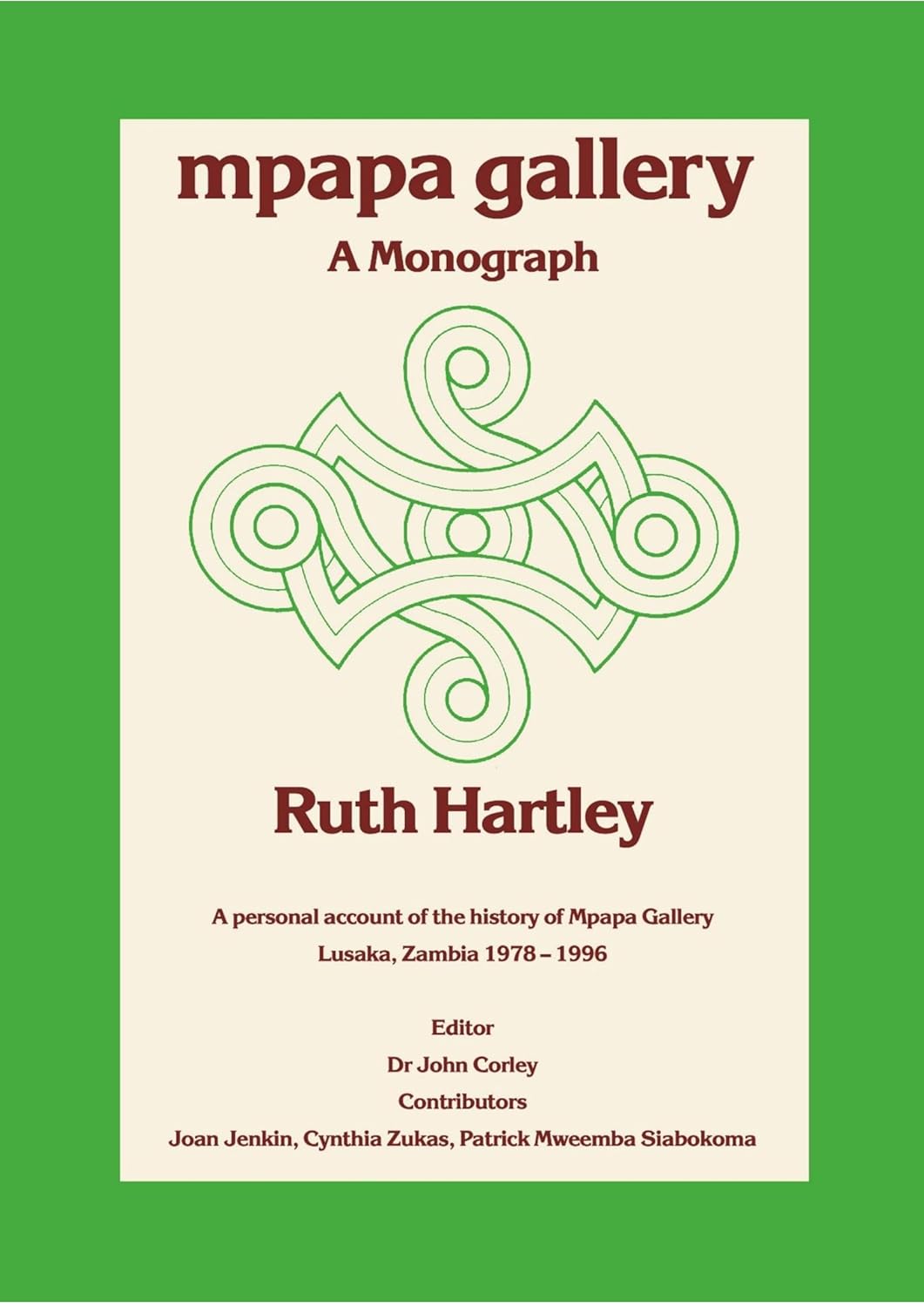
The Mpapa Gallery was begun by Joan Pilcher, Heather Montgomerie, Cynthia Zukas, Patrick Mweemba and me, all people who were passionate about art and positive about the newly independent country of Zambia.
So too, were all the people who connected with the gallery as artists, art enthusiasts, art collectors, art advisors, funders and supporters, workers, managers, visitors and friends. Art galleries almost never make any money, so they are usually run as charities with endowments. Above all, it is the creative people and artists who make it possible. All forms of the creative arts are the lifeblood of every nation.
I always thought that the personal is political and my personal art is political. It’s not a choice but a fact of life.
I learned more about making art from the time I spent working with artists in Zambia and at Mpapa Gallery than I ever learned at art school. I was lucky because I did have inspiring teachers who made me realise that nobody teaches another person how to be creative – all you can do is open doors in hearts and minds and encourage curiosity, critical thinking and problem solving.
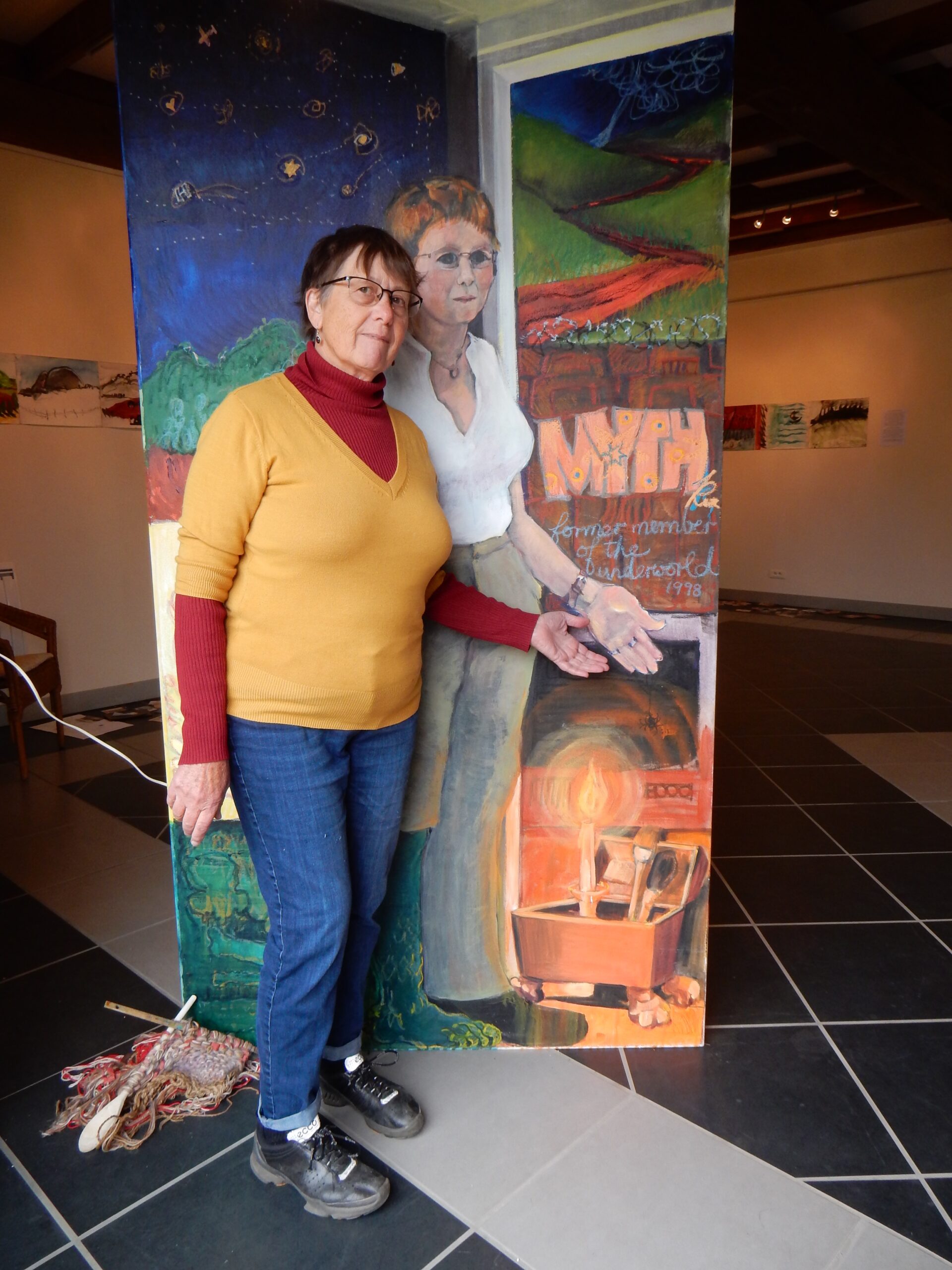
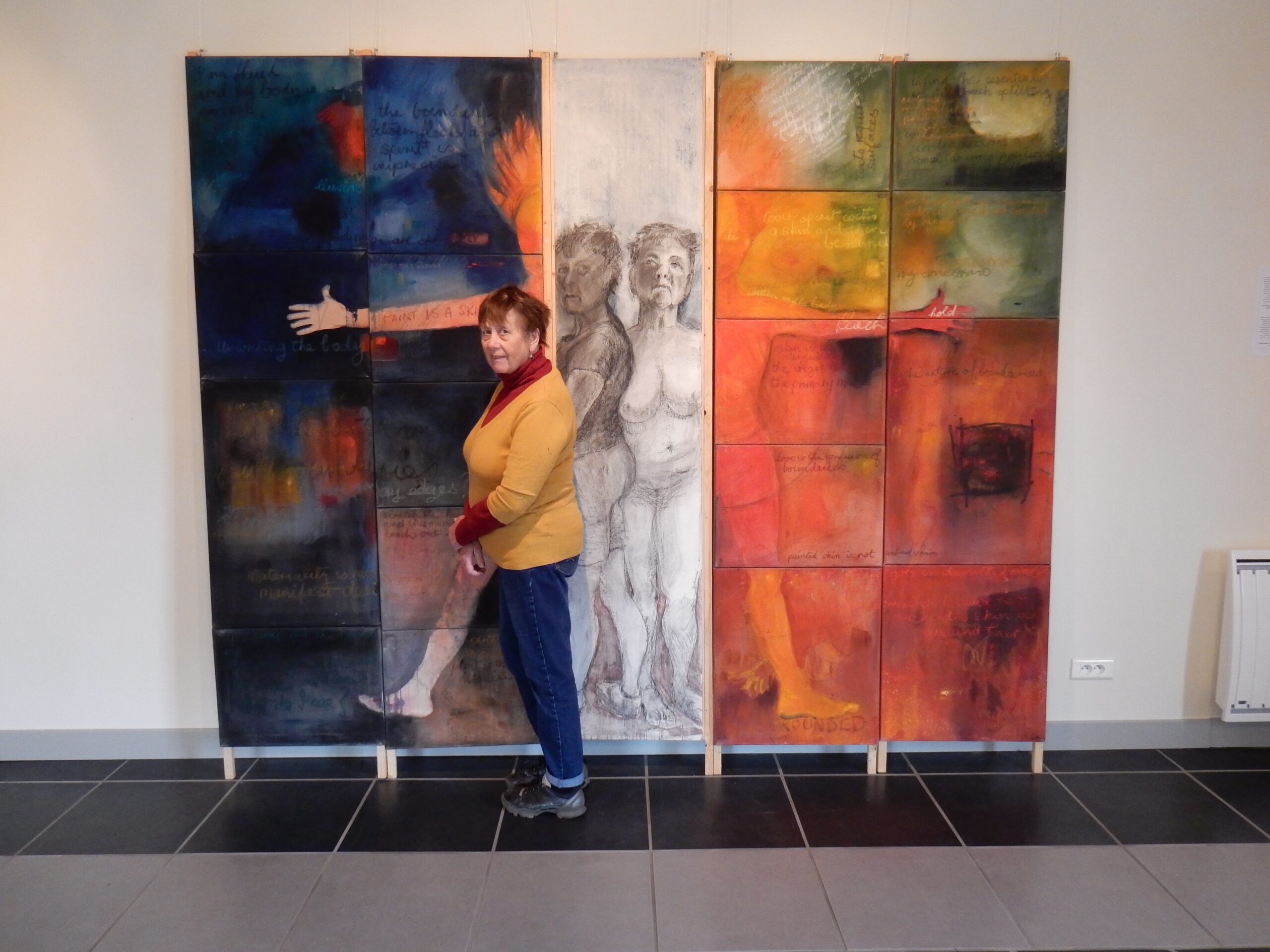
RUTH HARTLEY
A writer and artist of borderlines who is swimming like Lewis Carroll’s Alice in Wonderland in an absurd sea of giant tears because she carries no passport for any reachable shore. Unlike the hero of Salman Rushdie’s Haroon and the Sea of Stories, Ruth has no identifiable villain like Khattum-Shud, the destroyer of Stories and the poisoner of the Sources of Inspiration to defeat. To put is simply, Ruth was born at a time and a place that has vanished and presently she writes books and makes art in a digital world that is dissolving the permanence of paper. The story of colonialism, illiteracy, the Cold War, misogyny, capitalism and rapid change form the background to Ruth’s art and writing which questions identity, memory, trauma, purpose and action.
Join Ruth's mailing list
Dust and Rain
BY RUTH HARTLEY
Excerpt
CHAPTER ONE - THE WHIRLWIND
Something bad is going to happen.
My name is Chipo. Ma says I’ve a gift that allows me to feel things that other people can’t. Maybe that’s true. When I look up, I can see that the sky isn’t blue. It’s white-hot and so thick with dust that it’s difficult to breathe. I know that something up there is watching us. Something is swirling up above us in circles that come closer and closer. I know it’s not just the heat pressing on my head that makes me feel dizzy.
We all went out to help plough the fields this morning but the ground is so hard that Pa and Ma had to give up. They’ve gone back to the farmhouse leaving my brother, Chibwe, and me on our own with nothing to do. Chibwe is over twelve years old and I’m nearly eleven. Pa says Chibwe lives up to his name, which means a little rock, but Ma says Chibwe could learn from me.
‘It’s all very well being determined, Chibwe,’ Ma says. ‘It’s a good idea to think first and use your common sense, like Chipo.’
We made faces at each other when Ma said that but we don’t often fight. More often we end up by doing something together like playing one-person-a-side football, even though I’m a girl.
‘Come on Chibwe!’ I say after Ma and Pa have left. ‘I’m thirsty – let’s find somewhere shady to sit by the river.’
‘It’s too far to walk and I’m hungry,’ Chibwe says. ‘Let’s look for bush fruit under the palm trees instead.’
That’s one of our favourite places to play, so I agree. I like to collect the round fruit that falls from the palm trees. If the skin is soft and green it's good to chew and the hard ivory seeds are so beautiful I like to collect them.
‘What happens if there is no rain and Pa Mulenga and Ma Chiluba can’t grow any maize or vegetables this year?’ I ask Chibwe. I know what will happen, of course. I’ve seen the worried looks on Pa Mulenga and Ma Chiluba’s faces.
‘We’ll die of hunger — we’ll starve,’ Chibwe says. Then he looks at me sideways and adds, ‘It’s a joke Chipo! We’ll just eat less.’
We start to run towards the palm trees and, as we do that, I feel as if the earth is lifting under my feet. Dead leaves and grass swish around our ankles and the air fills with blown sand.
‘Watch out!’ Ma Chiluba calls out from the path back to our house. ‘There’s a whirlwind coming our way!’
It is a really huge whirlwind. A towering tornado of dust, one of those strong spinning winds that happens in the heat before the rainy season. They whip around tearing branches from trees and sometimes take the roofs off houses.
‘Witches ride in these twisting dust storms,’ Grandmother Mutende once told us. ‘Point your smallest finger at the whirlwind so the witch doesn’t come close to you.’
